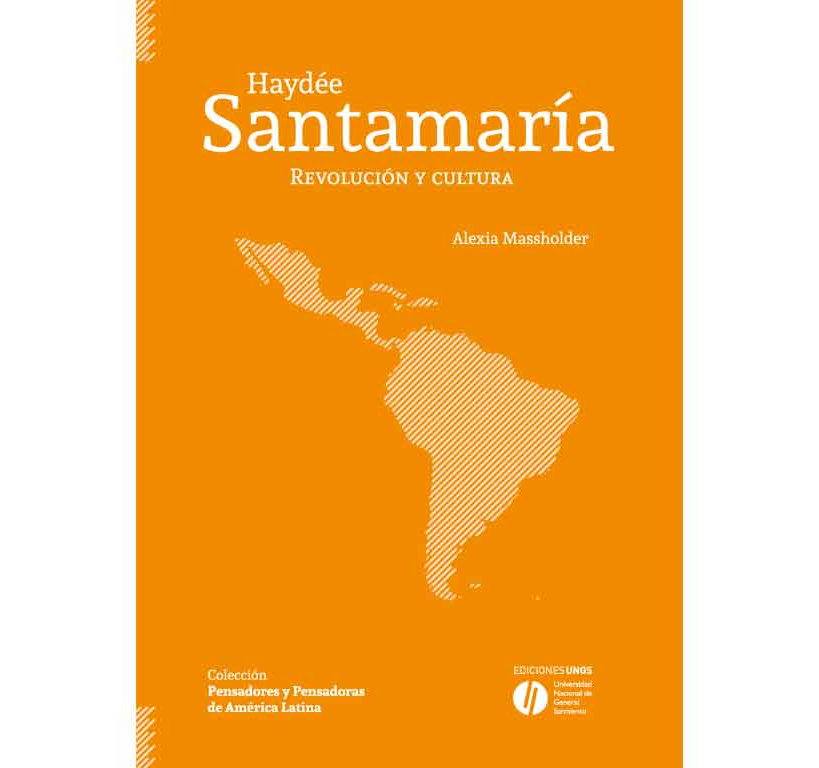
Buenos Aires, September 30 (RHC) -- The book "Haydée Santamaría. Revolución y cultura," by Argentine professor and researcher Alexia Massholder, was presented this Friday in Havana, with the participation of intellectuals and representatives of this country and Cuba.
The event will take place at 7:00 p.m. local time at the Faculty of Social Sciences of the University of Buenos Aires and will be attended by the author of the text; the Secretary of Culture, Human Rights and Academic Debates of the Cuban embassy, Magda Arias; the coordinator of the Network of Intellectuals, Artists and Social Movements, Paula Klachko; and philosopher Nestor Kohan.
The volume is considered a political biography of Santamaria (1922-1980) and highlights the work of the heroine, founder of Casa de las Americas and one of the main figures of the Cuban Revolution.
The debate will focus on her work at the helm of this institution, which for several decades has published one of the most prestigious magazines in the continent and the world and was able to become the core of regional culture.
In addition, he will analyze Santamaría's role in the struggle that began with the assaults on the Moncada and Carlos Manuel de Céspedes barracks on July 26, 1953, his imprisonment, the armed combat in the Sierra Maestra, the clandestinity of the plains, the revolutionary triumph of January 1, 1959 and the profound economic, political and social transformation carried out in the following years.
Massholder holds a PhD in Social Sciences, is director of the Center for Marxist Studies and Training, member of the National Council for Scientific and Technical Research and of the Institute for Latin American and Caribbean Studies (Iealc).
Among the organizers of the presentation are the Iealc, the Direction of the Sociology Department of the Faculty and the chairs Che Guevara and De la teoría social de Marx a la crítica latinoamericana.
Writing about Santamaria is presented as a necessity, a commitment to Latin American history, says the author in the introduction to the book.
We analyze different manifestations of the same struggle that guided all his movements: the liberation of the peoples, of his homeland and of humanity (...) He had a particular skill to move in the winding paths of the relationship between culture and politics, maintaining his unwavering commitment to the revolutionary process, creations and creators, she adds. (Source: Prensa Latina).

